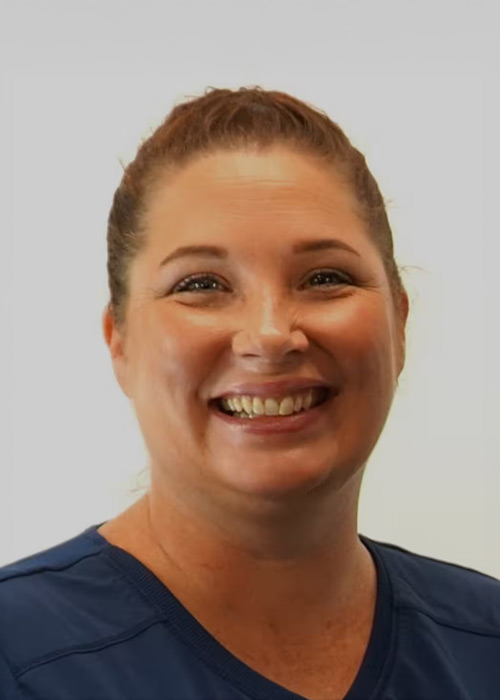Faculty Leadership & Pikos Partners
text

Faculty Leadership
Register for Dental Implant CE Courses

Stay in the Know: Join Our Mailing List
Be the first to hear about new live CE courses, online learning opportunities, special offers, and expert clinical insights. Sign up today and never miss a beat!
Thank you! Your submission has been received!
Oops! Something went wrong while submitting the form.
Live Courses
© 2025 PIKOS INSTITUTE ALL RIGHTS RESERVED



.jpg)

























